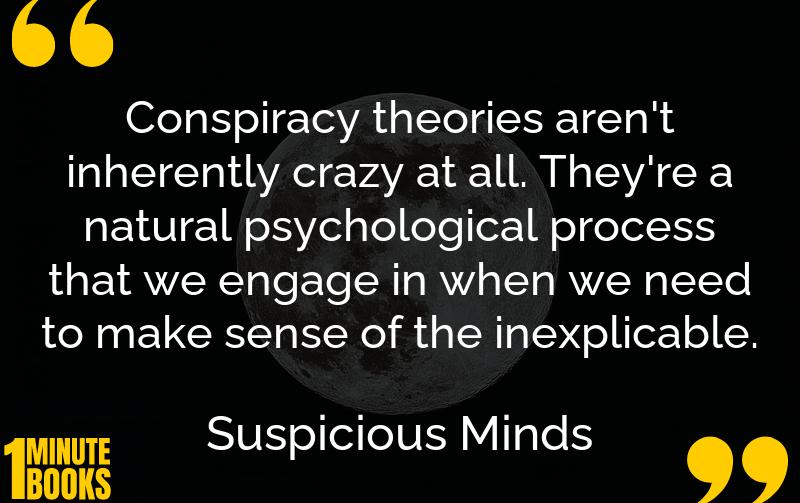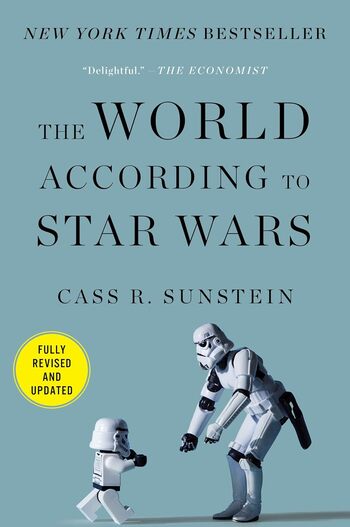
Suspicious Minds explores why conspiracy theories captivate us, revealing that they’re a natural response to uncertainty. While some theories are harmless, they can also be dangerous if unchecked.
Main Lessons
- Conspiracy theories are a natural human reaction to confusion and unexplained events.
- They provide comfort by offering alternative explanations when faced with uncertainty.
- Not all followers of conspiracy theories are extremists; it’s a common psychological process.
- The digital age has amplified the reach of conspiracy theories, though they are not a new phenomenon.
- Fear is often a key component driving conspiracy theories, leading to potentially harmful beliefs.
- Historical events, like the persecution during the Black Plague, show how conspiracy theories can have dangerous consequences.
- Prejudice and harm can arise from unfounded theories, affecting societies and cultures negatively.
- Our brains attempt to fill in gaps by creating plausible stories, much like completing a misspelled word.
- It’s crucial to remain critical and avoid allowing harmful beliefs to take root in the face of uncertainty.
- Conspiracy theories reflect our inherent need to find answers and instill order in our perceptions of chaos.
- The challenge lies in discerning fact from fiction and not allowing wild theories to override rational thinking.
- Belief in conspiracy theories shows how powerful and reassuring belief systems can be, even without evidence.








